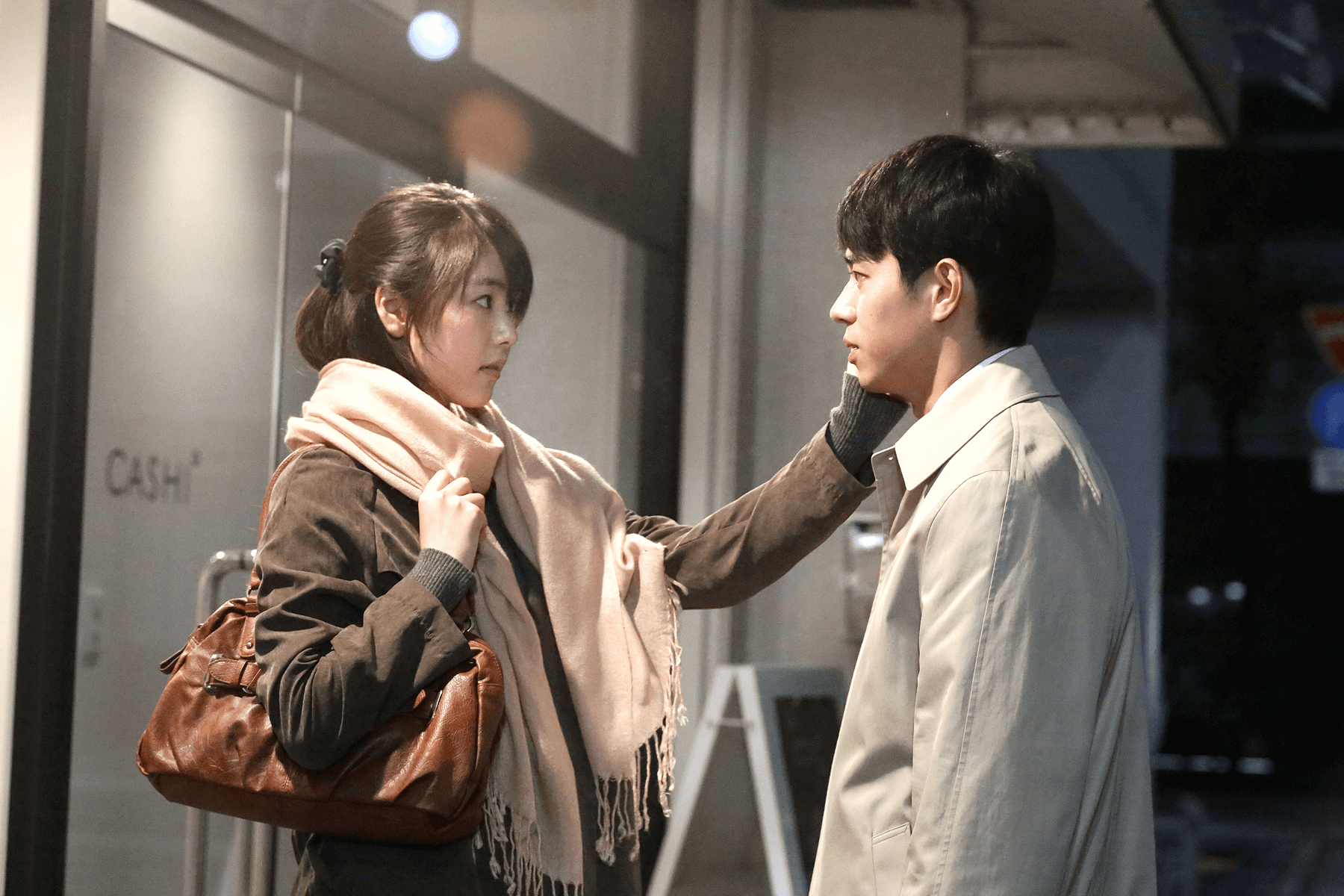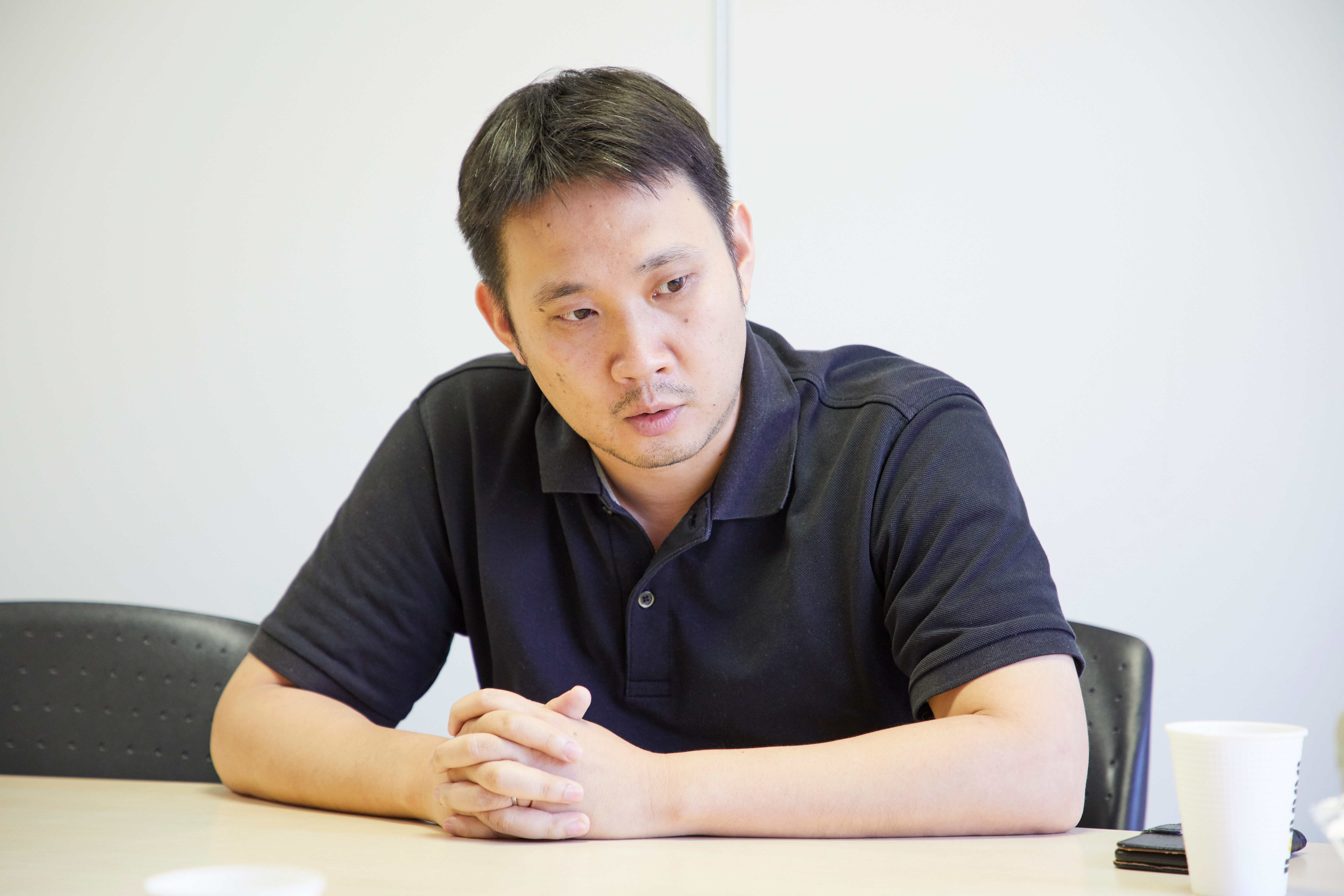![The film technique of director Ryusuke Hamaguchi, a young master recognized by Cannes, is ``Whether you sleep or wake up'' [Director's Interview Vol.8]](https://cinemore.jp/images/ab53e09fbf880c62fe952cae6d3432c6d3cdafcbc03e11b573fe941004a1689a.png)
The film technique of director Ryusuke Hamaguchi, a young master recognized by Cannes, is ``Whether you sleep or wake up'' [Director's Interview Vol.8]
The 5 hour and 17 minute long `` Happy Hour '', starring four women with no acting experience, won major awards at international film festivals including Locarno, Nantes, and Singapore. Director Ryusuke Hamaguchi quickly made his name known to the world. This is the film adaptation of the novel ``Sleeping or Waking,'' which he had aspired to, making his long-awaited commercial debut. This film achieved the remarkable feat of being selected for the competition section of the 71st Cannes Film Festival. We asked director Ryusuke Hamaguchi, a young master director who is attracting hot attention from all over the world, to talk about the production of this film.
Index
Making the original novel into a movie
Q: This movie is based on Yuka Shibasaki's novel, not the director's original script. Please tell us why you decided to adapt the original into a movie.
Hamaguchi: A few years ago, I had the opportunity to read a collection of Yuka Shibasaki's novels, and one that I found particularly interesting was ``Sleeping or Waking''. I was very interested in the strong fictional setting of two people with the same face and a woman's heart swaying between them, and the detailed and realistic portrayal of everyday life. .
Q: Are your works often read?
Hamaguchi: Around 2012, when I had a special screening of my work, writer Eiji Kobayashi recommended it to me and said, ``I think you might like Yuka Shibasaki's work.'' That's why I started reading it. It's true that the writing style itself is very visual, and it felt like I was looking at things with a camera, so it was very familiar to me when I read it.
Q: It seems that Mugi and Ryohei, played by Mr. Higashide, symbolize the extraordinary and the ordinary, respectively, and I felt that the extraordinary and the ordinary blended well into the movie. I think it's quite difficult to adjust in that respect, but how did you go about the overall structure and balance of the movie?
Hamaguchi: The original work was very interesting, so I followed it to some extent in terms of the general structure. However, even though the original story has visual descriptions, it is written from the first-person perspective of Asako, the main character. So, as a movie, I was careful about how to tell the story based on what the camera was seeing. I almost didn't include anything like a monologue, just a series of events.

Something happens in the movie. The audience thinks about it. While I'm thinking about it, I have a moment to calm down, and just as I've gathered my thoughts, the next thing happens. It is made up of an accumulation of these.
Normally, we unconsciously categorize events into the ordinary and the extraordinary, but in this movie, all of these events occur without distinction. So, some people may have felt that the everyday and the extraordinary have blended together, while others may have felt a sense of discomfort. To some extent, it is up to the audience to decide how they perceive the events.
Q: There are scenes of earthquake disasters in the movie. The director's past works have also featured earthquake disasters, but is that something he is aware of?
Hamaguchi: Yes. Speaking of everyday and extraordinary things, there were some things that left a deep impression on me. I was filming a documentary based on interviews in Tohoku after the earthquake, and when I asked people about it, I got answers like ``It felt like I was dreaming'' or ``It felt like I was watching a movie.'' It's Kurun. Even though an earthquake or tsunami is actually occurring right in front of our eyes, we cannot perceive that what is happening right in front of our eyes is actually a real event.

I think in Japan, until the earthquake, there was a feeling that life would continue as usual. I feel like many movies were made with the premise that life would continue to be boring. But when an earthquake actually occurs, we realize that our daily lives can be abruptly cut short, and that yesterday and today can become completely different days. , I think everyone felt it.
Also, my co-screenwriter, Sachiko Tanaka, responded to my request that the story be written with some social aspects in mind, so she dealt directly with the earthquake disaster. At that time, I was unsure whether it was okay to deal with this, but then I realized that dealing with it was a necessity for this film. Because it actually happened after all.

